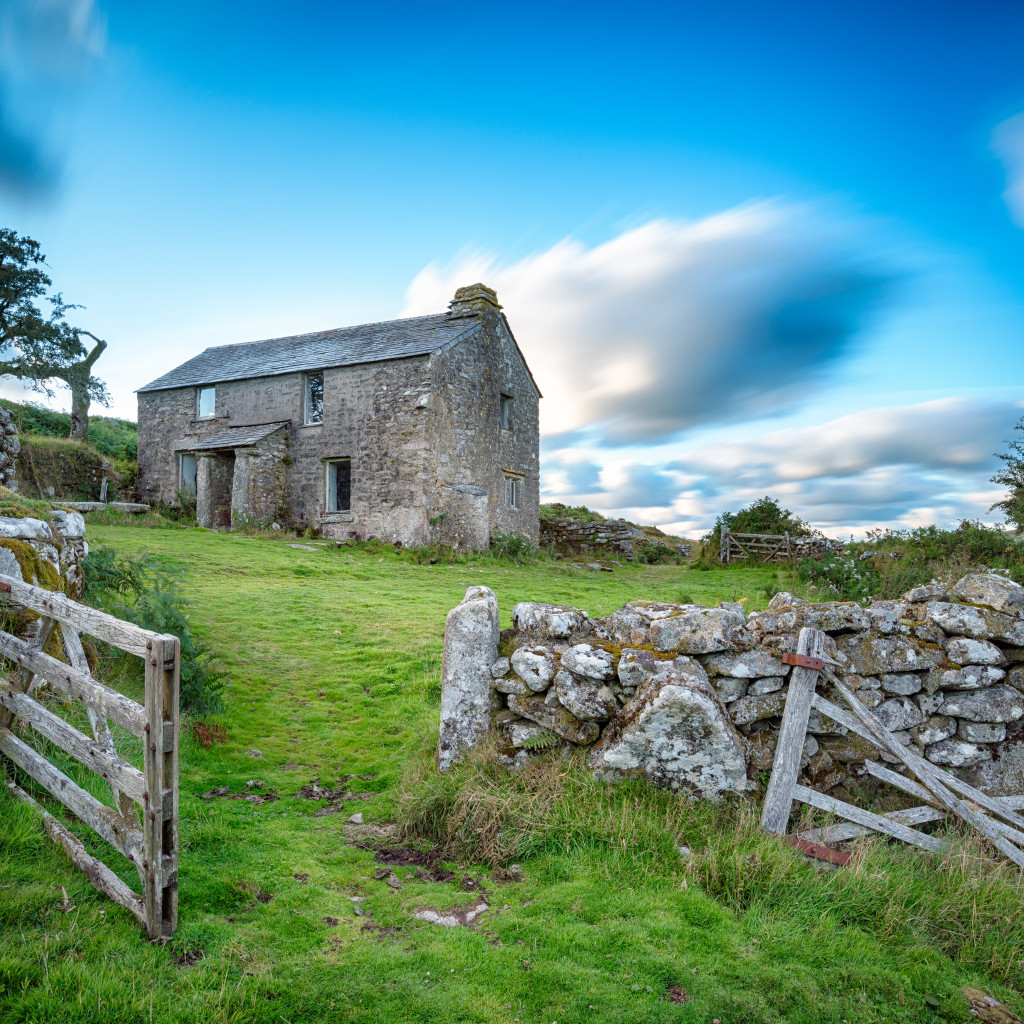Fresh air, closer to nature, room to grow, the ability to forge farming and other business ventures, control your own space and to positively affect the landscape and ecosystem around you; there are many reasons why farms can be great places to live, work and raise families.
Key legal considerations
However, when buying a farmhouse, a farm or a smallholding there are a whole host of legal and practical considerations to bear in mind that would not typically be relevant were you buying a more conventional home. These include the following:-
1. Services: Rural properties frequently have private water supplies and/or private drainage systems which owners become responsible for. It is critical to investigate both the legality and adequacy of the services to the farm before committing yourself to purchase as such systems can be very expensive to install, upgrade or replace.
2. Access: Where any of the farm’s access points do not come directly from the adopted public highway, you will need to clarify your right of way, who owns the access and who is responsible for its repair and renewal. If there are public rights of way crossing the farm it is important to understand their extent and any issues arising from, for example, the grazing of livestock, trespass or fly-tipping.
3. Planning: Are there any planning conditions restricting occupation of farm dwellings to those engaged in agriculture? Are there any historic planning or listed building breaches where enforcement action might still be taken by a local authority? The planning situation with farms is very often nuanced and needs to be considered carefully.
4. Condition: Whereas a typical house survey would cover the condition of a home, there may be outbuildings, land and other installations to consider on a farm. In terms of the land, enquiries will need to be made about any features (e.g. mines, slurry pits or farm dumps) or historic uses that may have caused contamination, subsidence or other problems.
5. Third party rights: Whether it’s a cottage tenant, a neighbouring farmer who grazes sheep or a local business owner who stores kit in one of the barns, do any third parties occupy any part of the farm and, if so, on what basis? Furthermore, does anyone have a right to hunt, shoot or fish, remove timber or minerals or access the farm for any other purposes? It is essential to clarify the legal basis for any such arrangements as they could affect your use and enjoyment and may be difficult or even impossible to end.
6. Stamp Duty Land Tax (SDLT): Where there is land that goes beyond the garden and grounds of the house and is farmed commercially or where there is some commercial use of outbuildings, non-residential rates of SDLT may apply. In some circumstances, such rates may result in a much lower liability to SDLT so it is helpful to investigate this at the outset and obtain specialist advice where required.
The list above is non-exhaustive and with agricultural land there may be title defects, boundary issues, disputes of various kinds, subsidy schemes relating to the land which you might take on, designations determining how you must manage it, environmental permits to transfer and much more.
If you are buying with a mortgage your lender will need to be satisfied on all such matters if they are to proceed. This means it is vital for your solicitor to identify any issues as early as possible in the process.
A good solicitor will explain any such issues, then advise as to the risks and what might be done to mitigate these or resolve the position.
Your future plans
Looking ahead to how you intend to use the farm, if there is land included, will you be farming this yourself? If not, consider finding someone to farm or graze the land and documenting the new arrangement once you have completed, whether as a tenancy, a grazing or cropping licence or otherwise – there are a variety of options and some key distinctions here.
To supplement your income from the land, it would also be worth assessing early on whether there are any schemes such as Sustainable Farming Incentive, Woodland or Countryside Stewardship that you might benefit from.
Increasingly however, the land and buildings on farms are used in diverse ways beyond purely agricultural or residential use. Whether it’s renewable energy generation, conservation, leisure or other commercial uses or something else that you are considering, it is important to understand what you may or may not be able to do in the future. Are there any covenants on the title restricting such use? Will your proposed changes of use or development require further planning permission or are they already authorised or classed as ‘permitted development’? At Tozers, our dedicated planning team is able to offer specialist input here.
Final steps
If your offer has been accepted, you will need to instruct a solicitor to represent you in your purchase. It is sensible to choose a firm specialising in such matters.
Here at Tozers we have long established relationships with landowners, farmers, and countryside estates.
So, whether you need advice on a sale or purchase of your land or farm, help with a planning issue or any dispute relating to your land or are looking to pass your estate or business on to the next generation, we are here to help.





